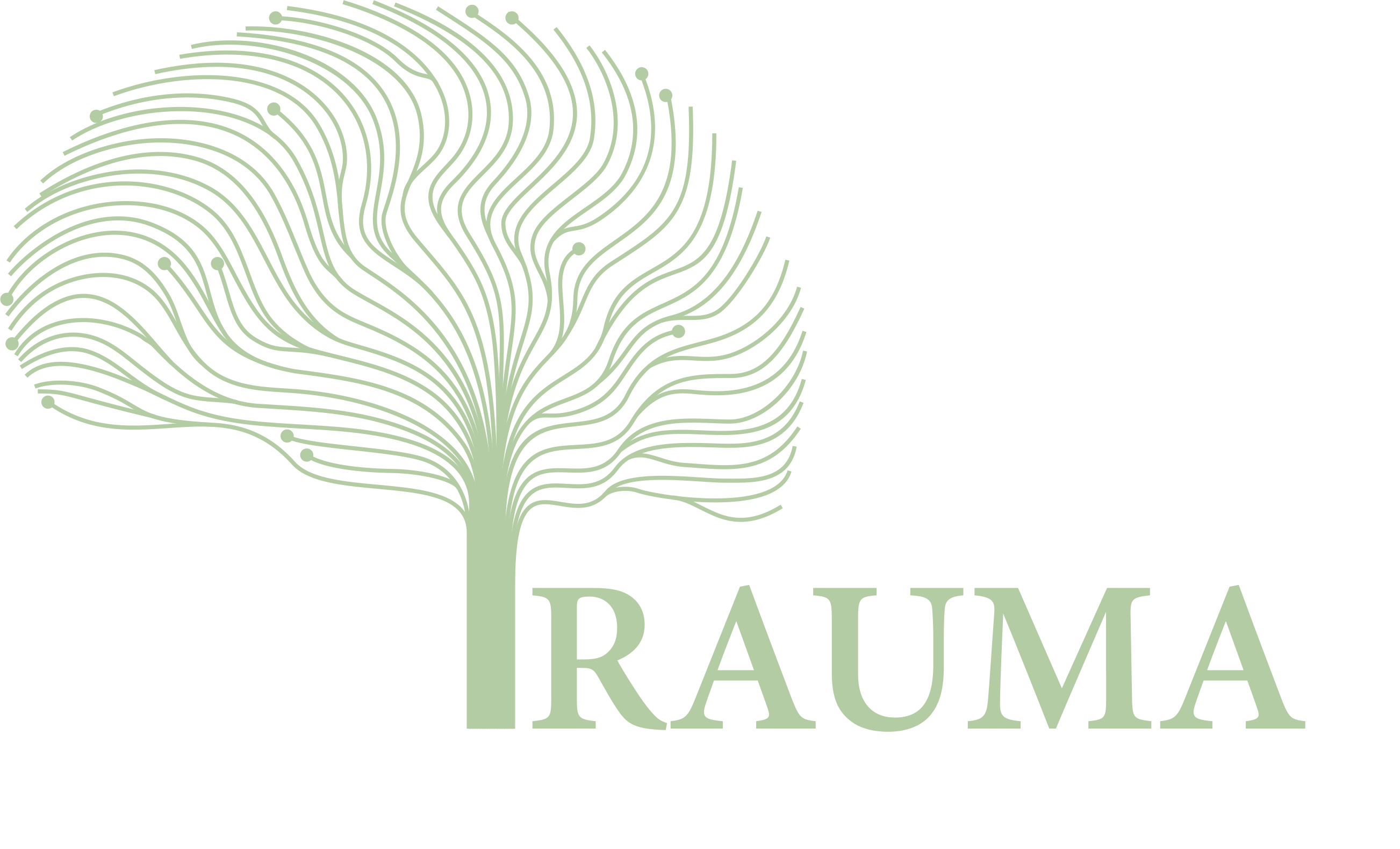Cognitive Therapy vs. Behavioral Therapy:
How Are They Different?
Cognitive Therapy and Applied Behavioral Therapy are two of the most common methods of therapy. They each use distinct techniques in order to help achieve specific results. Deciding which therapy is best for you should be determined by what you would like to get out of therapy. Further, these therapies can be used together, which can achieve even better results for some clients.
Cognitive Therapy
Cognitive therapy is a type of psychotherapy which is usually short-term and focused. Commonly used by patients with mild levels of mood disorders, anxiety, eating disorders, or depression, cognitive therapy seeks to help the patient focus on and modify their thoughts, communication, and/or behaviors.
Examples for which one might use cognitive therapy:
- Distorted body image
- Managing symptoms of depression
- Overstressing/worrying caused by anxiety
- Engaging in self-destructive behaviors
- Over or undereating
Behavioral Therapy
Behavioral therapy is a form of psychotherapy that focuses on changing harmful patterns of behavior related to mental disorders. Through introspection into how certain behaviors are learned, the focus then becomes on how said behavior can be modified.
Two types:
Cognitive therapy: Therapy that involves reflecting on thoughts that lead to certain behaviors or sensations. The idea behind cognitive therapy is that by changing your thoughts, you can change how you act and feel
Applied behavioral therapy: Therapy that modifies behaviors through reinforcement and consequences, also known as operant conditioning. This therapy is commonly used to modify specific behaviors, like. Those that you may see in Autism Spectrum Disorder or daily habits like how much you eat, diet, smoke, etc. In fact, behavioral principles can be applied to nearly any behavior you would like to change.
Cognitive-behavior therapy, or CBT, is a therapy with years of research that works to combing cognitive and behavioral principles and can be used to treat many diagnoses and challenges including:
- PTSD
- Anxiety
- Depression and Bipolar disorder
- ADHD
- Psychosis
- Self-harm
The Takeaway
While cognitive therapy is short-term goal-focused therapy, often rooted in changing the thought process that leads to certain behaviors, behavioral therapy is action-based. While the two are not mutually exclusive, deciding which one is best for you is based on which one is more specific to your needs.



